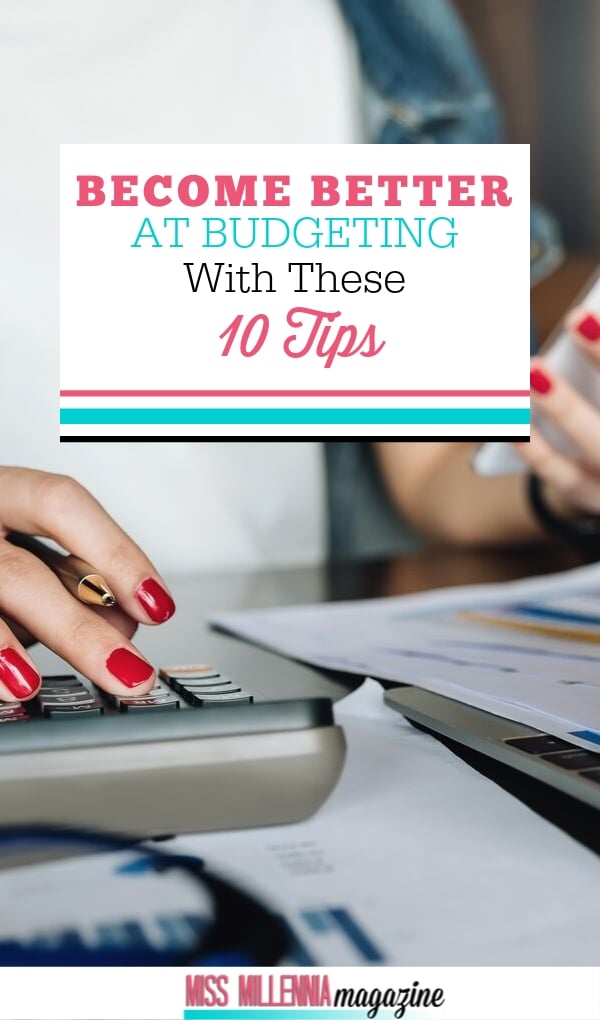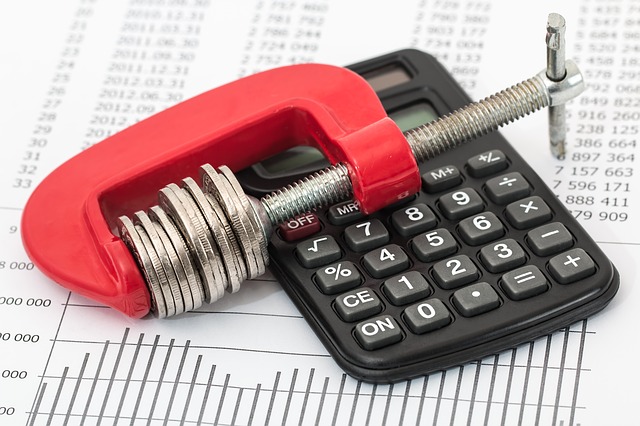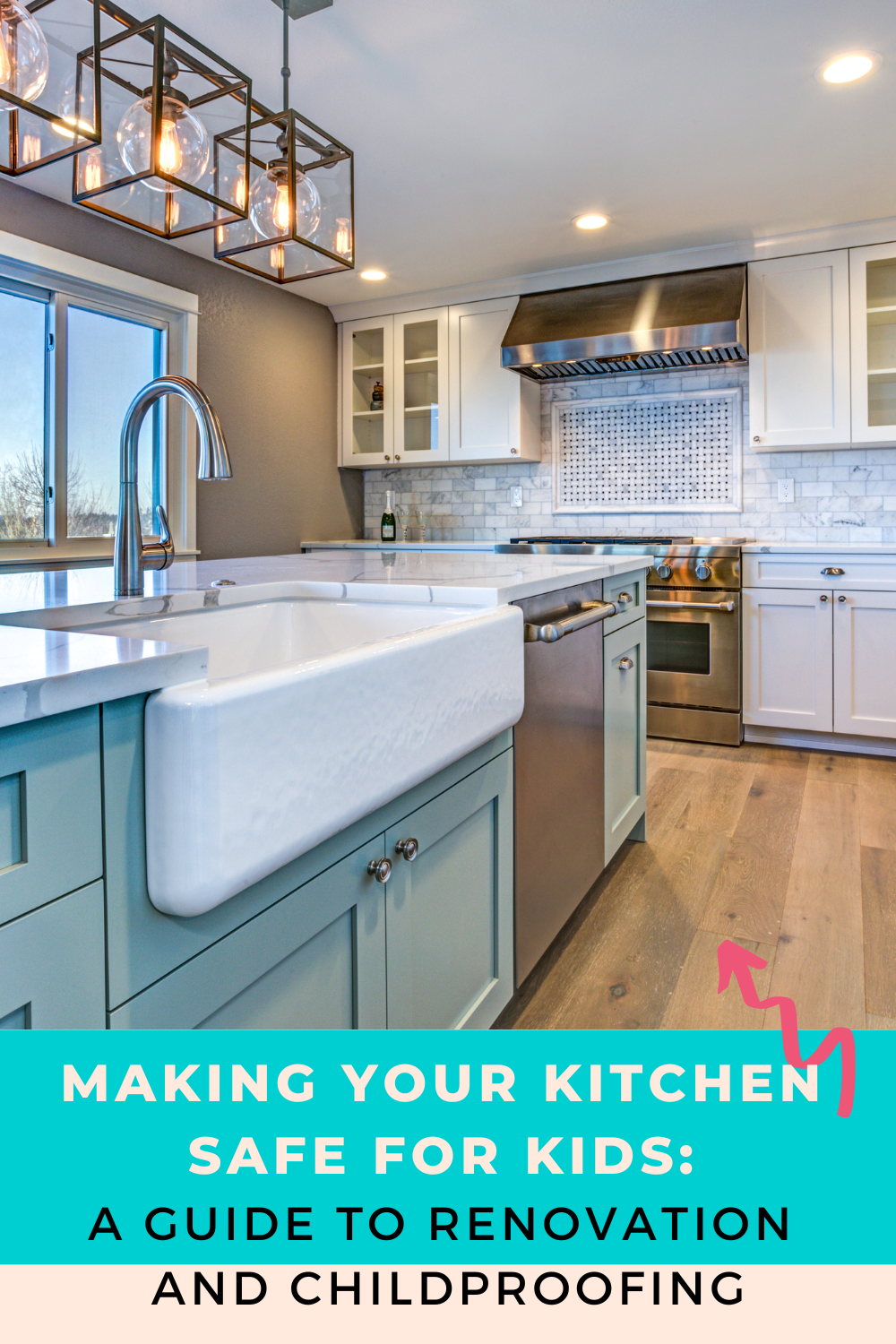Become Better At Budgeting With These 10 Tips
Many of us are terrible at budgeting. We spend money that we don’t have – which can result in us having to unnecessarily dip into savings or get into unnecessary debts. And for many reasons. An emergency replacement, a sick pet, or a bill that leaves you wondering; “why did my car insurance increase?” That’s a common issue for millennials today.
By learning to control your spending through budgeting, you can save yourself a lot of financial pain in the long run. Budgeting can also be essential when trying to save up for things or when trying to pay off existing debt. Here are 10 tips that could help you to budget better.
Calculate your monthly disposable income
Your disposable income is the amount of money you have left each month after bills have come out. This helps you to understand exactly how much money you can spend on other costs such as food, home supplies, and personal luxuries. You can then divide this up and work how much you should be spending each week. Without knowing your disposable income, there’s no way of knowing when you’re spending too much. This is the simplest way of creating a budget.
Make necessary cutbacks
Cutbacks could be necessary for staying within your budget. This could involve cutting back on personal luxuries such as eating out less or buying less clothes. Alternatively, there could be ways of cutting your bills by switching providers or asking creditors for a reduction (lenders may lower interest rates if you have a good history with them, whilst TV providers and insurers may be able to find you a cheaper package).
Create alerts of bill payments
Knowing exactly when bills are coming out can also be essential to budgeting. The easiest way to keep track of this is to create alerts on your phone so that you know when bills have come out. Some people also find that marking out bill payments on a calendar helps as you can prepare for them in advance (if you know that your rent or energy bills come out on a certain day, you can avoid spending a certain amount before this bill comes out so that you’ve got enough to pay this bill).
Set up online banking
Without online banking, it’s much harder to keep on track of your balance without having to trudge to a local cashpoint. Modern mobile banking apps allow you to check your balance anywhere at any time. Some people are reluctant to set up online banking because of security fears, when it is, in fact, one of the most secure ways of receiving statements. Having to remember extra passwords can be a hassle, but it’s worth the convenience.
Monitor your finances with apps
You can go one step further than simply using online banking by also using finance apps to help you budget. Some of these allow you to manage accounts from multiple banks in once place, whilst also calculating weekly budgets for you. MoneyTaskForce.com reviewed the best finance apps earlier this year – here, you’ll find a great guide to some of the best finance apps worth trying. Many people find this to be one of the most efficient ways to organize their finances.
Consider consolidating your debts
If you have lots of separate debts to pay, consolidating them into one debt could make it easier to keep track of. You can do this by using a special type of loan called a consolidation loan. This guide at TheSimpleDollar.com compares some of the best consolidation loans on the market. You generally don’t need a high credit score to take out one of these loans.
Be open with friends and family
Friends and family can sometimes persuade us to spend money that we may not have. By being open with them about your financial situation, they’ll be more likely to cater to arrangements around you. This could involve meeting at home rather than meeting at a restaurant so that you don’t have to overspend. Telling people in your household could be particularly important if you’re trying to limit energy bills and conserve certain foods.
Only bring cash on nights out
Paying with plastic can be advantageous in some situations as it allows you to more easily track your expenses. However, there could be some situations where paying by cash is more sensible such as when alcohol is involved. Many of us lose our inhibitions after a few drinks, which causes us to spend money more frivolously. By only bringing cash with you, you’ll keep a limit on your spending for the night. If you feel you still want to bring your card as an emergency, you could always ask someone responsible to look after your card for you. Alternatively, some modern card providers allow you to block spending on your card on certain activities.
Add up restaurant bills before ordering
Eating out at a restaurant can be an occasion when many of us overspend. Try to get into the habit of calculating how much your order will come to before ordering. Whilst doing this, make sure to include the cost of tax and the service charge too (a lot of people get caught out by this).
Allow yourself treats
It’s important that your budget allows room for a few personal treats, otherwise you’ll get easily demotivated. If you spend too much on take-out meals, rather than giving them up entirely try to simply reduce them to one per week or once per month. You should also allow yourself some spontaneity when going shopping or on a day out – set yourself a budget, but don’t plan out every individual cost in advance, otherwise, you’ll feel too restricted and won’t have fun.
Other Related Articles:
- 11 BUDGETING TIPS THAT ARE EASY TO STICK TO
- THE 5 BEST FREE BUDGETING APPS FOR MILLENNIALS
- 5 REASONS YOU NEED TO START BUDGETING NOW!
- 5 REASONS YOU NEED TO START BUDGETING NOW!
- HOW TO MAKE A FAST AND EASY BUDGET WHEN YOU HAVE ZERO TIME












